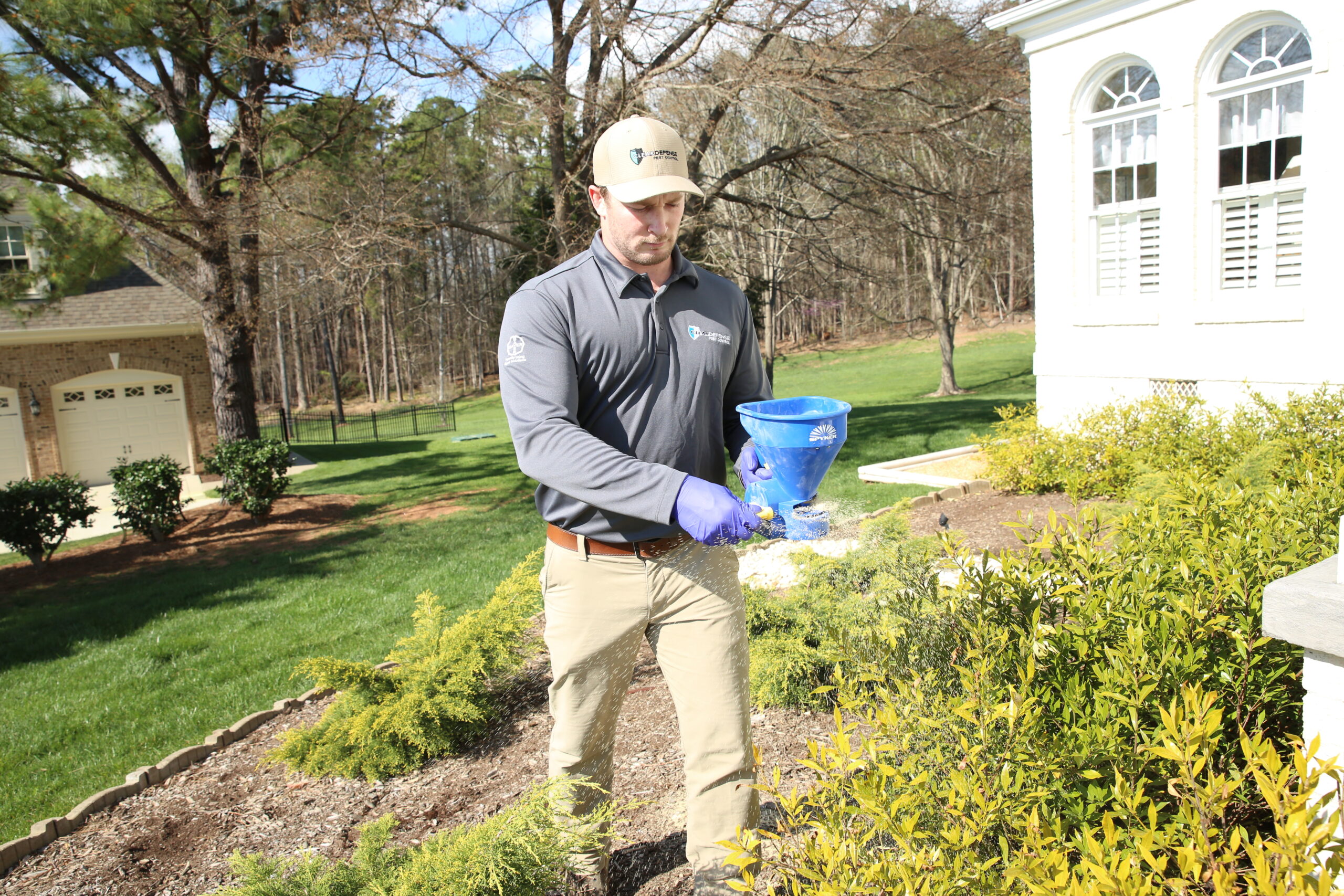How pest control works

How pest control works. Pest control involves the management and elimination of pests, which are organisms that can cause damage to crops, property, or human health. There are several methods used in pest control, including chemical, biological, and mechanical approaches.
Here are some ways how pest control works:
- CHEMICAL CONTROL: This method involves the use of pesticides, which are chemicals designed to kill pests. Pesticides can be applied as sprays, baits, or dusts. They work by disrupting the pest’s nervous system, metabolism, or other essential functions. Chemical pest control works, but it must be used carefully to avoid harm to non-target organisms and the environment.
- BIOLOGICAL CONTROL: This method involves the use of natural enemies, such as predators, parasites, or pathogens, to control pest populations. Biological pest control is often used in agricultural settings, where introducing a natural predator can help control pest populations without the use of chemicals. This method of pest control works and is typically more environmentally friendly than chemical control.
- MECHANICAL CONTROL: This method involves physical methods of pest control, such as trapping or exclusion. For example, traps can be used to catch rodents, while exclusion involves sealing off entry points to prevent pests from entering a building or crop field.
- CULTURAL CONTROL: This method involves changing cultural practices to reduce pest populations. For example, crop rotation can help prevent the buildup of pests in a specific field, while sanitation practices can help reduce pest populations in a building.
- INTEGRATED PEST MANAGEMENT (IPM): This approach involves using a combination of different methods of pest control to achieve effective and sustainable pest management. IPM takes into account the ecology of the pest and the environment, and aims to minimize the use of pesticides while still achieving effective control
How pest control works. Pest control professionals use a combination of these methods to create an effective pest management plan. They will assess the pest problem and determine the best approach to take based on the type of pest, the severity of the infestation, and the location of the infestation.
Have pests? Don’t want to have pests? Please contact us at ClearDefense Pest Control. We can help!
Learn more about how pest control works.
Tags: Biological control, Chemical control, control, effective control, effective plan, Exclusion, infestation, Integrated Pest Management, IPM, mechanical control, pest control, pest management, pest management plan, pest problem, pesticide, pesticides, pests, sanitation, trapping, traps